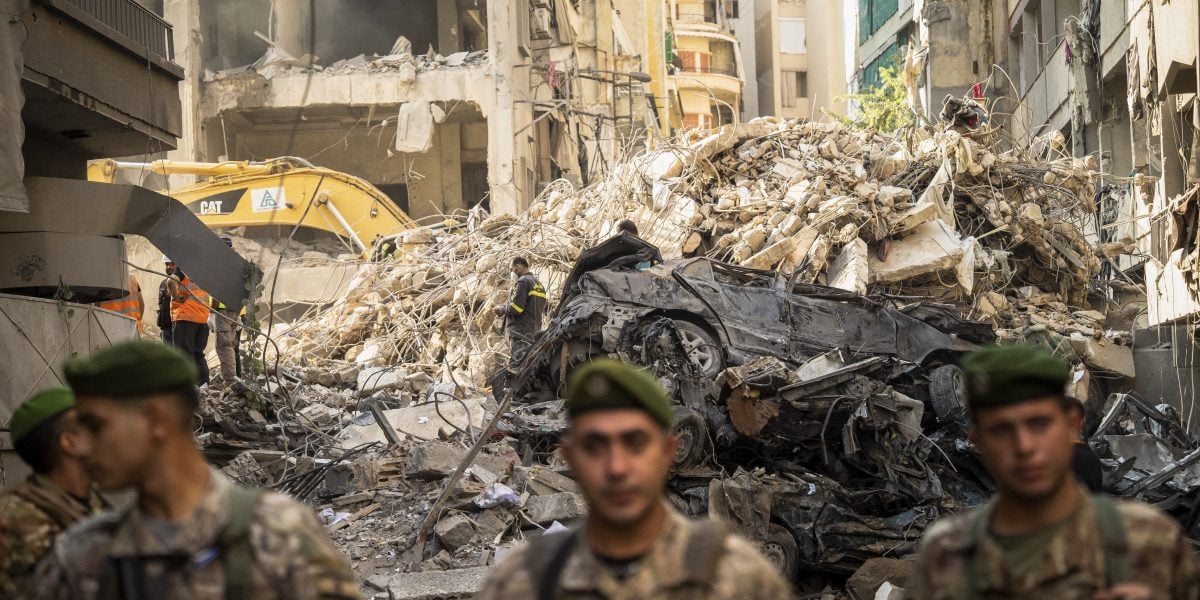- cross-posted to:
- world
- cross-posted to:
- world
U.S. President Joe Biden spoke in support of the ceasefire later the same day, adding that his administration would use the momentum from Tuesday’s deal between Israel and Hezbollah to push toward a ceasefire deal in Gaza. Biden also blamed Hamas for the failure to secure peace in Gaza to date, alleging that the group has failed to negotiate in good faith, despite reporting to the contrary.
But Netanyahu’s own address seemed to undercut Biden’s point. In pitching the ceasefire to the Israeli audience, Netanyahu, who is wanted by the International Criminal Court for potential war crimes, emphasized that closing the northern front of its war would allow Israel’s military to regroup and give the nation an opportunity to focus on other enemies: Iran and Hamas. He also emphasized that Israel would “retain complete military freedom of action,” adding that “should Hezbollah violate the agreement or attempt to rearm, we will strike decisively.”
Israel intensified its bombing campaign against Lebanon in recent days, up through and beyond the announcement of the pending ceasefire. A day before the truce was announced, Israeli strikes killed at least seven Palestinians in Gaza City. Reports have surfaced in recent days of the IDF using sniper drones to target and kill civilians. And as the flow of humanitarian aid into Gaza has been slowed by Israel, experts warned of “a strong likelihood of famine” in areas of northern Gaza.
Zonszein said that the truce does not imply Israel is interested in peace. She said that continued U.S. support gives Israel the unilateral ability to move freely in and over Lebanon by land, sea, and air. Maintaining the threat of violence against Lebanon, and, as Netanyahu mentioned in his speech, Iran, is core to Israeli strategy, she said.
Moments after Biden announced the deal, Israeli warplanes struck Beirut yet again. The bombing campaign continued in the hours leading up to the pending ceasefire.


